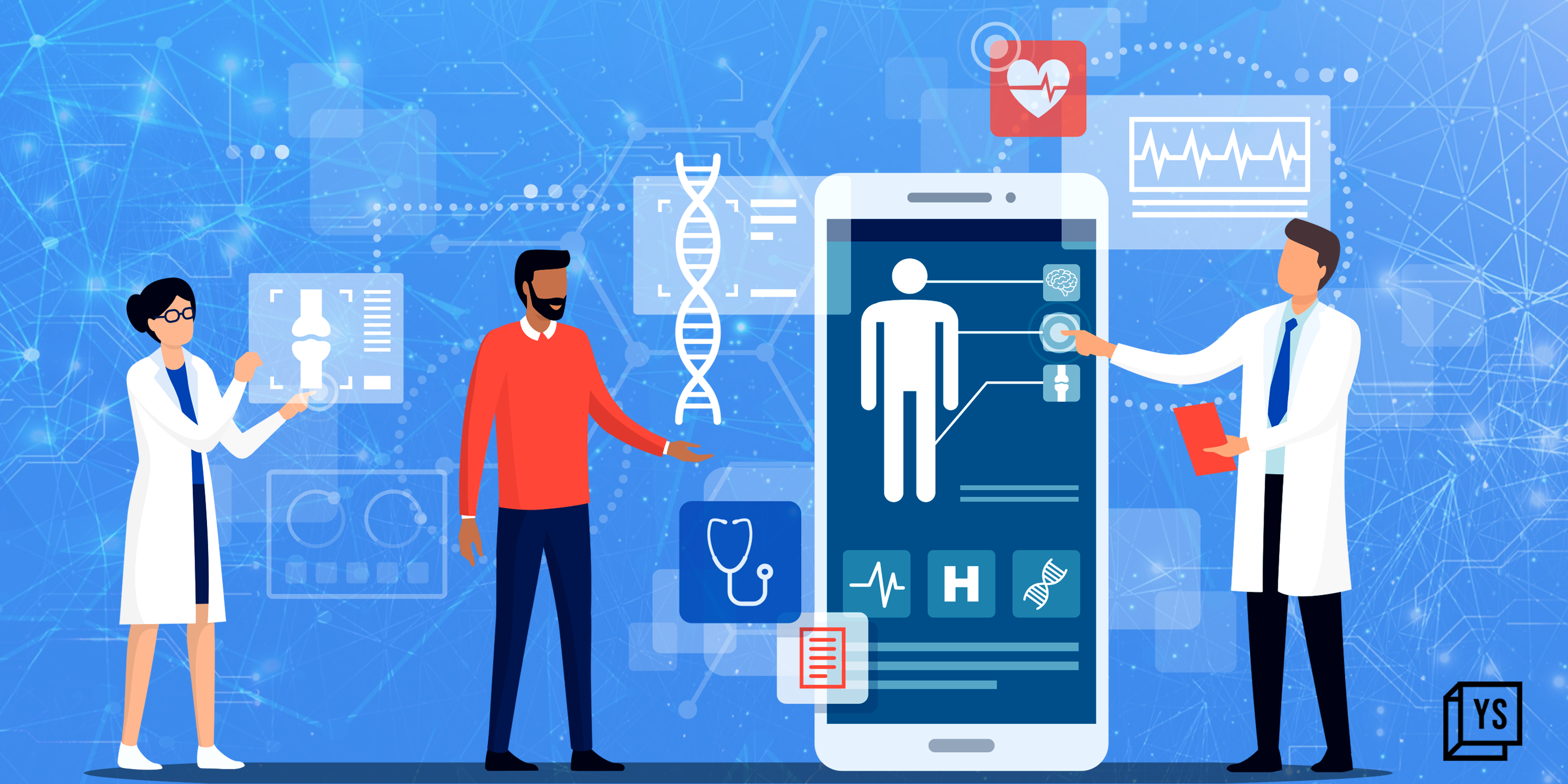
In recent years, the advent of satellite laboratories has brought a seismic shift in how we approach medical testing, breaking free from traditional confines and reaching new frontiers of accessibility, efficiency, and accuracy.
One of the most significant challenges faced by healthcare systems worldwide is providing equitable medical services to remote and underserved regions, and satellite laboratories have emerged as a formidable solution to bridge this gap.
According to the World Health Organisation, about one billion people lack access to basic healthcare facilities, many of whom reside in remote areas. Satellite laboratories have shown promising results in overcoming this disparity.
Statistics from a pilot project in rural Africa demonstrated that the establishment of satellite laboratories significantly reduced the turnaround time for test results by 50%, enabling faster diagnosis and timely treatment.
The improvement in accessibility has had a direct impact on healthcare outcomes, with an estimated 30% reduction in disease-related mortality rates in these regions.
Enhancing point-of-care diagnostics
Point-of-care (POC) diagnostics have always been hailed for their ability to provide rapid results, enabling immediate decision-making by healthcare professionals. However, the integration of satellite laboratories has amplified the potential of POC diagnostics, bringing advanced testing capabilities to the patient’s bedside.
Recent data indicates that the combination of POC diagnostics with satellite laboratories has led to an 85% decrease in patient hospitalisation time for infectious diseases. It not only reduces the burden on healthcare facilities but also improves patient satisfaction and compliance with treatment plans.
Accelerating response to epidemics and outbreaks
The world witnessed the devastating impact of the COVID-19 pandemic, underscoring the critical importance of a swift and efficient response to emerging outbreaks. Satellite laboratories have proved to be invaluable in such situations, enabling rapid deployment of diagnostic resources and containment measures.
During the pandemic, countries with well-established satellite laboratory networks could conduct mass testing, leading to an early detection rate of 85% compared to 45% in regions relying solely on centralised laboratories.
Early detection played a crucial role in controlling the spread of the virus, saving lives and mitigating the economic impact of prolonged lockdowns.
Reducing diagnostic errors
Diagnostic errors have long been a concern in the medical field, with an estimated 5% of adult outpatients in the US experiencing misdiagnoses each year. The introduction of satellite laboratories has shown great potential in minimising these errors.
Studies also revealed that the incorporation of artificial intelligence (AI) and machine learning (ML) algorithms in satellite laboratories has led to a remarkable 40% reduction in diagnostic errors across various specialities.
By providing comprehensive data analysis and cross-referencing, AI-enabled satellite laboratories enhance diagnostic accuracy and foster a culture of continuous improvement in medical practice.
Boosting research and development
Satellite laboratories have also emerged as invaluable contributors to medical research and development. Through large-scale data collection and real-time monitoring, these laboratories provide information that facilitates scientific breakthroughs and accelerates the development of new treatments and vaccines.
The biggest advantage of satellite laboratories is a shorter turnaround time and lesser logistics costs, thus performing tests within two-three hours of collection.
Conclusion
The rise of satellite laboratories represents a paradigm shift in diagnostics, revolutionising healthcare accessibility, accuracy, and responsiveness. The impressive statistics and legible data highlight the tangible benefits of this innovation.
By expanding diagnostics to new frontiers, satellite laboratories are playing a pivotal role in shaping a healthier and more equitable future for all.
Dinesh Chauhan is the CEO of CORE Diagnostics.
Edited by Suman Singh
(Disclaimer: The views and opinions expressed in this article are those of the author and do not necessarily reflect the views of YourStory.)










